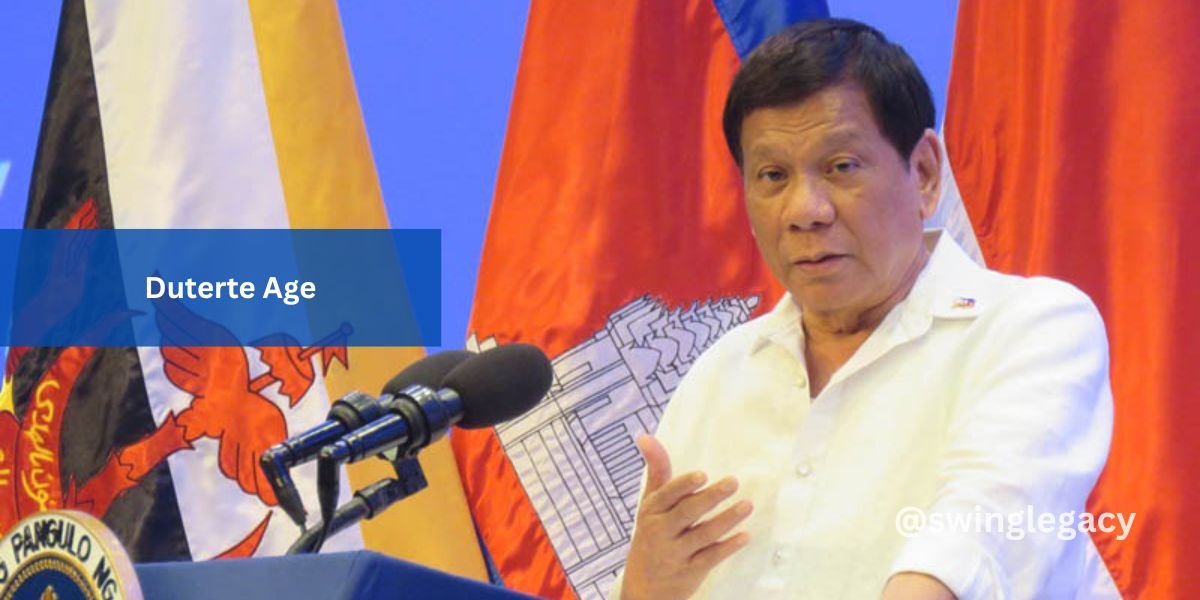MANILA – President Rodrigo Roa Duterte, 77, has signed a significant bill into law, raising the age of sexual consent from 12 to 16. The new legislation, Republic Act (RA) No. 11648, signed on March 4, amends both the Revised Penal Code (RA 3815) and the Special Protection of Children against Abuse, Exploitation, and Discrimination Act (RA 7610). This move aims to provide increased protection for young people against sexual exploitation and abuse. Duterte, who has an estimated net worth reflective of his long career in public service, is married to Elizabeth Zimmerman and has four children.
Raising Consent Age
The new law increases the age for determining statutory rape to 16 years old, offering more protection to minors. Under this legislation, rape is defined as carnal knowledge of another person when the offended party is under 16 or demented, irrespective of other circumstances. The law specifies an exception where there is no criminal liability if the age difference between the involved parties is not more than three years, and the act is consensual, non-abusive, and non-exploitative. However, this exception does not apply if the victim is under 13 years of age.
Non-Abusive and Non-Exploitative
The terms “non-abusive” and “non-exploitative” are crucial in the new law. Non-abusive implies the absence of undue influence, intimidation, coercion, threat, or any form of maltreatment during the sexual activity. Non-exploitative means that there is no act of taking unfair advantage of the child’s vulnerability, differential power, or trust. These definitions aim to ensure that minors are protected from any form of manipulation or exploitation during sexual activities.
Qualified Seduction Amendments
RA 11648 also amends the provisions on “qualified seduction” in the Revised Penal Code. The new law punishes the seduction of minors aged 16 to 18 by persons in positions of authority, such as public officials, priests, guardians, or teachers. The penalty is prision correctional in its minimum and medium periods. If the offender seduces his sister or descendant, a higher penalty is imposed. The law defines seduction as having carnal knowledge of a minor under deceitful circumstances.
Addressing Exploitation
The new law addresses the issue of children exploited in prostitution. It states that children, whether male or female, who engage in sexual activities for money, profit, or due to coercion or influence from adults or syndicates, are considered exploited. This provision aims to protect children from being forced or manipulated into prostitution and other forms of sexual abuse, emphasizing the need for stricter measures against such exploitation.
Educational Mandates
RA 11648 mandates the Department of Education (DepEd) to incorporate age-appropriate subjects on children’s rights and protection into the basic education curriculum. This educational requirement aims to raise awareness among young people about their rights and the legal protections available to them. By including these topics in the curriculum, the law seeks to empower children with knowledge about their safety and legal recourses against abuse.
Legislative Background
The new law is a consolidation of Senate Bill No. 2332 and House Bill No. 7836, which were passed by the Philippine Senate and House of Representatives on December 15 and 14, 2021, respectively. The previous minimum age of sexual consent in the Philippines was 12, the lowest in Asia and among the lowest in the world. This legislative change brings the Philippines in line with international standards and reflects a significant shift in protecting children’s rights.
UN Advocacy
The United Nations (UN) Philippines had been advocating for an increase in the age of sexual consent for many years. In July 2021, UN Resident and Humanitarian Coordinator Gustavo González called on the Philippine Congress to raise the age for statutory rape from below 12 to below 16. The UN had long expressed concerns about the low age of sexual consent in the country, and this new law addresses those concerns, marking a crucial step forward in child protection.
Impact on Child Protection
President Rodrigo Duterte’s signing of RA 11648 into law marks a landmark change in the Philippines’ approach to protecting minors from sexual exploitation and abuse. By raising the age of sexual consent to 16 and defining non-abusive and non-exploitative sexual activities, the law provides stronger safeguards for young people. The inclusion of educational mandates further empowers children with knowledge of their rights. This legislative shift, supported by UN advocacy, aligns the Philippines with global standards and underscores the nation’s commitment to child protection.
Conclusion
The enactment of Republic Act No. 11648 is a significant step forward in the fight against child exploitation and abuse in the Philippines. By raising the age of sexual consent and establishing clear definitions for non-abusive and non-exploitative activities, the law offers enhanced protection for minors. The involvement of educational initiatives ensures that young people are aware of their rights and the legal protections available to them. This legislation not only aligns the Philippines with international standards but also highlights the country’s dedication to safeguarding its youth.

